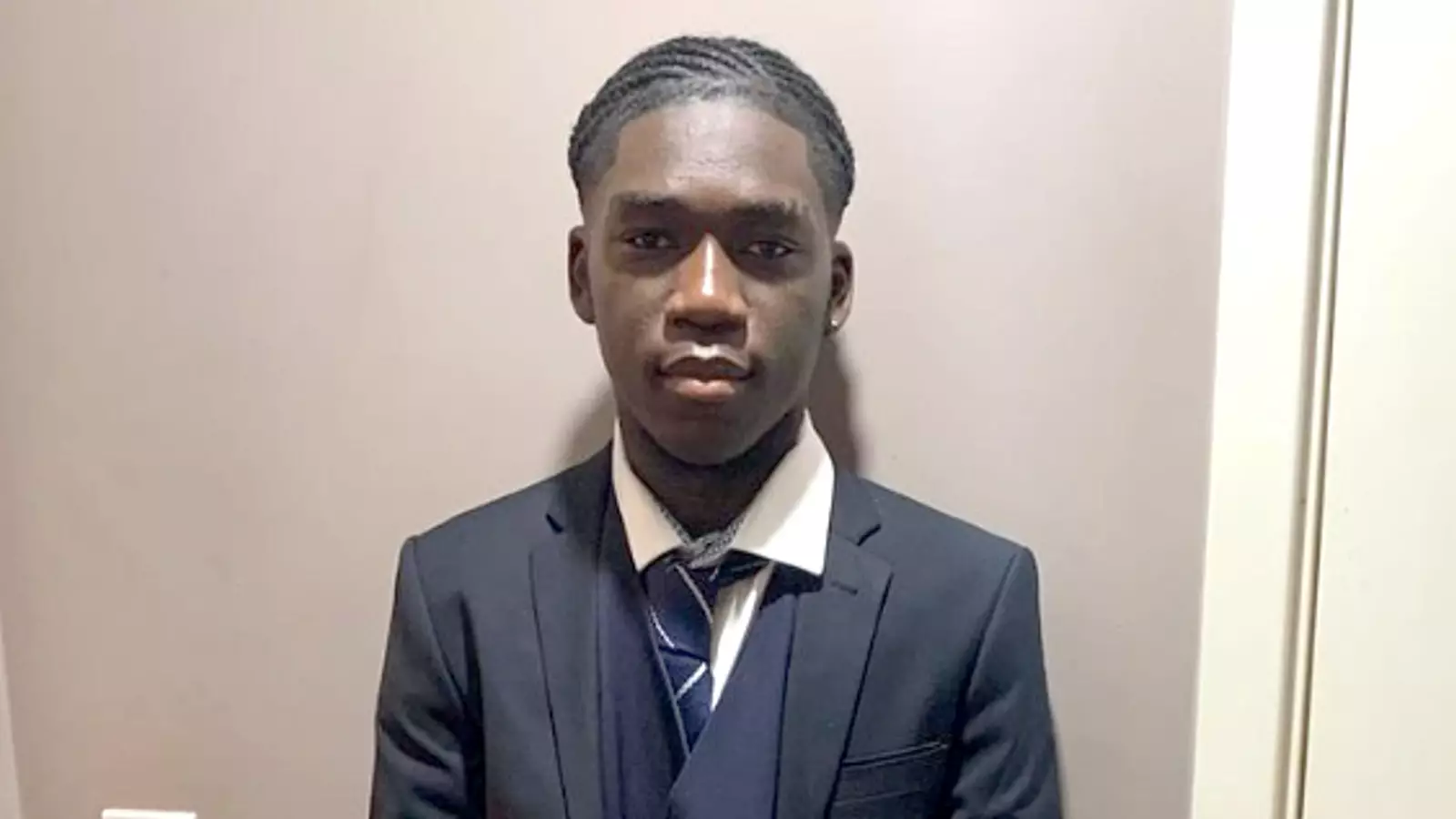In a troubling incident that highlights the complexities of navigating international legal systems as a young adult, Marcus Fakana, an 18-year-old British citizen, has been sentenced to one year in prison in Dubai following a romantic relationship with a 17-year-old girl. This case raises questions about cultural differences, the implications of strict legal structures, and the responsibilities of both youths and adults in understanding local laws when abroad. As a newly adult individual, Fakana’s situation serves as a cautionary tale for others engaging in personal relationships while traveling.
Fakana was vacationing with his family in the United Arab Emirates (UAE) when he met a girl of similar background who was visiting with her family as well. The two forged a connection, but their romantic liaison would ultimately lead to dire consequences. The girl’s mother discovered their private messages and images, prompting her to notify the local authorities. In a society where laws are enforced stringently—especially concerning minors—this action resulted in immediate fallout for Fakana.
The legal ramifications of such relationships are not always apparent to young tourists. While managing a secret relationship in the face of strict parental oversight seemed innocuous to the teenagers, it set into motion a series of events that would upend their lives. Fakana’s quick police apprehension illustrates the harsh reality that many travelers overlook: ignorance of the law can lead to severe consequences, particularly in countries known for their stringent legal codes.
Government and Legal Responses
Campaign groups such as Detained In Dubai have championed Fakana’s plight, calling for appeals and governmental intervention. Seekers of justice have argued for leniency, highlighting the nuances surrounding teenage romance and consent given that both parties were technically minors when the interactions began. However, UK Foreign Secretary David Lammy’s comments underscore the expectation of compliance with individual countries’ regulations—an assertion that doesn’t mitigate the personal ramifications for Fakana and his family.
While the British government maintains that Fakana has the “support available” to him, this reassurance rings hollow for many, especially in light of the gravity of his situation. It raises an important discourse on how nations can better protect their citizens abroad and assist them in facing uncharted legal difficulties in foreign lands. Questions linger about the adequate level of consular support available for those, like Fakana, who find themselves amidst convoluted intercultural challenges.
As Fakana prepares to serve his sentence in Al Awir prison, the psychological toll of incarceration on a young adult must be considered. In a message shared by Rahda Stirling, the head of Detained In Dubai, she expressed deep concerns over the potential impact of prison life on an 18-year-old. Fakana’s emotional resilience is commendable as he draws strength from his faith, expressing gratitude for the support received—but the road ahead remains fraught with uncertainty.
Imprisonment in a foreign country adds layers of distress and emotional complexity, particularly at an age when identity and independence are being forged. The existence of strict laws surrounding consent in the UAE serves as a sobering reminder of the potential pitfalls of cultural differences—lessons that are starkly illuminated through a personal tragedy.
A Cautionary Tale
Marcus Fakana’s story is a cautionary tale that emphasizes the necessity for heightened awareness regarding local laws when abroad. His experience serves as a reminder to young travelers to be informed and prepared for the consequences of their actions in foreign domains. Furthermore, it compels parents, guardians, and the wider community to engage in open dialogues about the repercussions of adolescent relationships and the laws governing them.
In an increasingly globalized world, young adults need to balance their freedom to explore relationships with the obligation to understand the environments they navigate. It is a harsh reality that pleasure-seeking vacations can lead to unintended legal disasters. Ultimately, the outcome of this situation emphasizes the convergence of youth behavior, cultural differences, and legal frameworks—elements that collectively create a complex web of interactions that shape personal stories like Marcus Fakana’s.

Leave a Reply